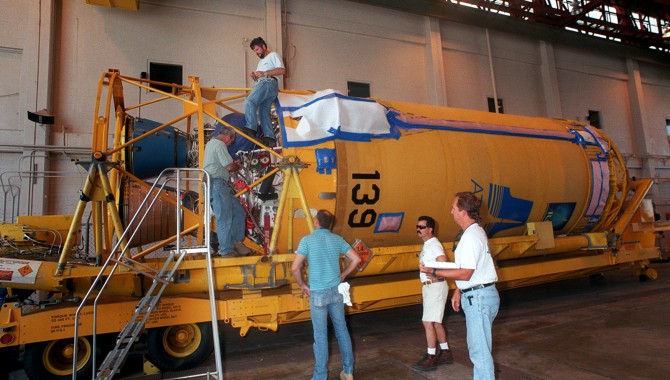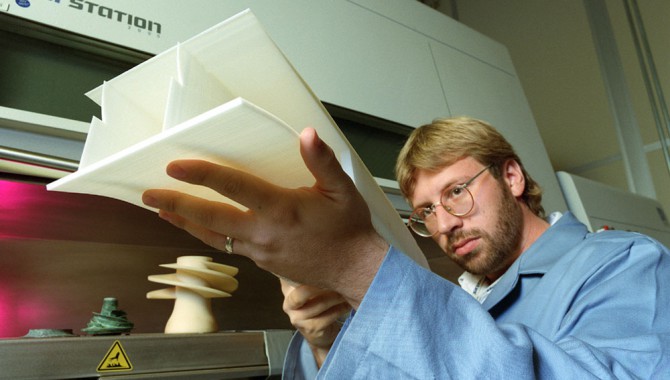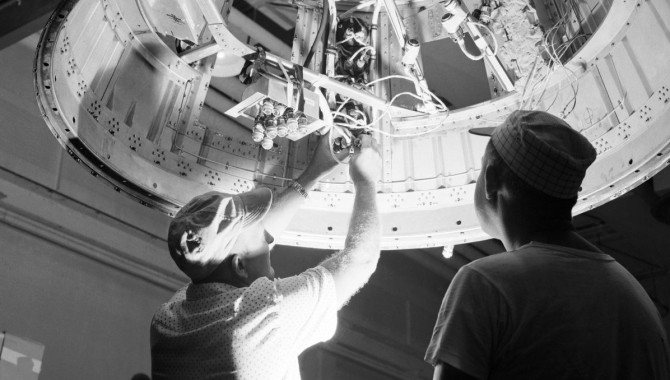
Twice in my NASA career I have had the opportunity to mentor young assistant mission managers. The first experience occurred when I was mission manager for the International Atmospheric Laboratory for Applications and Science (ATLAS).

Twice in my NASA career I have had the opportunity to mentor young assistant mission managers. The first experience occurred when I was mission manager for the International Atmospheric Laboratory for Applications and Science (ATLAS).
By Todd Post In one of my earlier careers as a rhetorician, I learned that the best way to understand a subject lies in listening to individuals talk about it from their own experiences.
By Dr. Alexander Laufer Learning from Experience I was confused and didn’t know how to react when Jim Carroll, a highly regarded figure in the construction industry, proudly presented me with his “Nine Elements for Project Success,” the product of two years arduous labor.
By Dr. Edward Hoffman I sat mesmerized the other evening listening to a discussion about the space program. The event was sponsored by the Smithsonian Institution. A panel of prominent media insiders was sharing stories of the Space Race and the Apollo dramas that unfolded with it.
Driving back to my hotel, I felt exhausted. I had just spent four days at the Defense Systems Management College, meeting with 12 small groups of program management students to discuss a case study they had just completed.

It’s amazing how the things you learn growing up stick with you. Take my introduction early in life with mentoring. I was introduced to this concept in a 1970s Saturday morning television show called “Shazam.”

ASK: You came to project management from a systems engineering background, correct?

Background Rapid Prototyping is a viable approach to product development on projects and initiatives whose success depends on a significant amount of customer input.

Background A mission’s success often depends on the performance of our suppliers. In a very real sense, suppliers perform relative to how well they are integrated within the larger team.